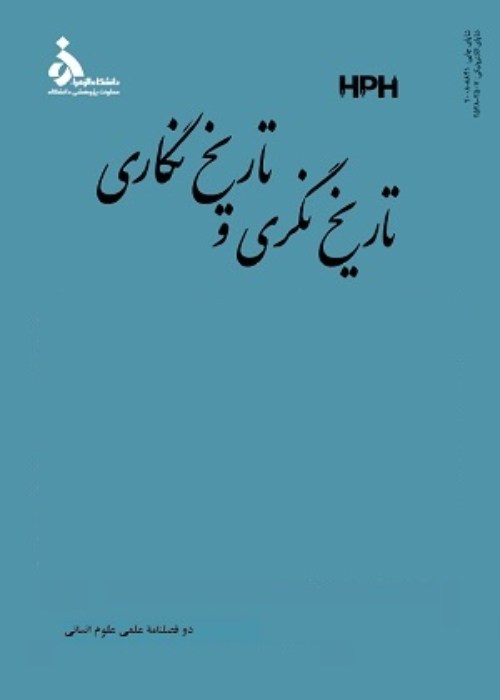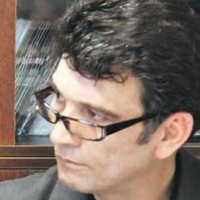University: From History to Philosophy: About the Indispenability of Historical Analysis and philosophical Rethinking of the Idea of University
Author(s):
Abstract:
By referring to the history of university in western civilization and the thoughts of French Philosopher, Jacques Derrida, concerning the definition of University, this paper briefly examines the problem concerning university as an institution and as an idea(The way it’s been learnt by philosophy). By doing this he put current situation of university against what has been called “University on the way” or “Coming University”. To do this, I argue that the history of the university intimately follows the history of western culture. Described it in 5 chapters, in the first chapter the collapse of the Western Roman Empire it was the Christian church that held western culture as one. The University of Paris was the medieval university par excellence and established by developing cathedrals’ schools during medieval ages. In 1694 a new type of university came to existence that separated from the ways of the past. Established approximately five centuries after the University of Paris, the University of Halle departed from the Parisian idea that higher education must be comprehended inside the framework of the Christian faith and introduced the idea of the university as a secular institution, existing to assist the secular state. This idea is theessential element of the modern university. If the universities of Paris and Halle emphasize that aspect of the university that has represented the interest of the wider society, the University of Berlin was founded for very different reasons. The University of Berlin was founded in order that a few, academically capable individuals could pursue knowledge. The age of globalization, however, which has been formed around the idea of economism will necessitate a new type of university, one extremely alike to the University of Phoenix. The University of Phoenix, founded in 1976, is a business-related university compelled by law to make the most financial gain for its financiers. The idea forming the foundation of this university is that the most significant purpose of higher education is to teach functional skills and knowledge to its “customers”—the word it prefers to “students”. While the term university as an institution has tended to have limited connotations, Derrida argues that university as an idea has a boundless, unrestricted and unconditional implication. Thus, he questions the common connotation of university as an exclusively institutional term. The conclusion summarizes the major themes articulated in those discussions, and suggests further directions to explore toward the constructive conceptualizing of university, based on the "Inclusion of the Other."
Language:
Persian
Published:
Journal of Historical Perspective & Historiography, Volume:19 Issue: 1, 2009
Page:
123
magiran.com/p947060
دانلود و مطالعه متن این مقاله با یکی از روشهای زیر امکان پذیر است:
اشتراک شخصی
با عضویت و پرداخت آنلاین حق اشتراک یکساله به مبلغ 1,390,000ريال میتوانید 70 عنوان مطلب دانلود کنید!
اشتراک سازمانی
به کتابخانه دانشگاه یا محل کار خود پیشنهاد کنید تا اشتراک سازمانی این پایگاه را برای دسترسی نامحدود همه کاربران به متن مطالب تهیه نمایند!
توجه!
- حق عضویت دریافتی صرف حمایت از نشریات عضو و نگهداری، تکمیل و توسعه مگیران میشود.
- پرداخت حق اشتراک و دانلود مقالات اجازه بازنشر آن در سایر رسانههای چاپی و دیجیتال را به کاربر نمیدهد.
In order to view content subscription is required
Personal subscription
Subscribe magiran.com for 70 € euros via PayPal and download 70 articles during a year.
Organization subscription
Please contact us to subscribe your university or library for unlimited access!



